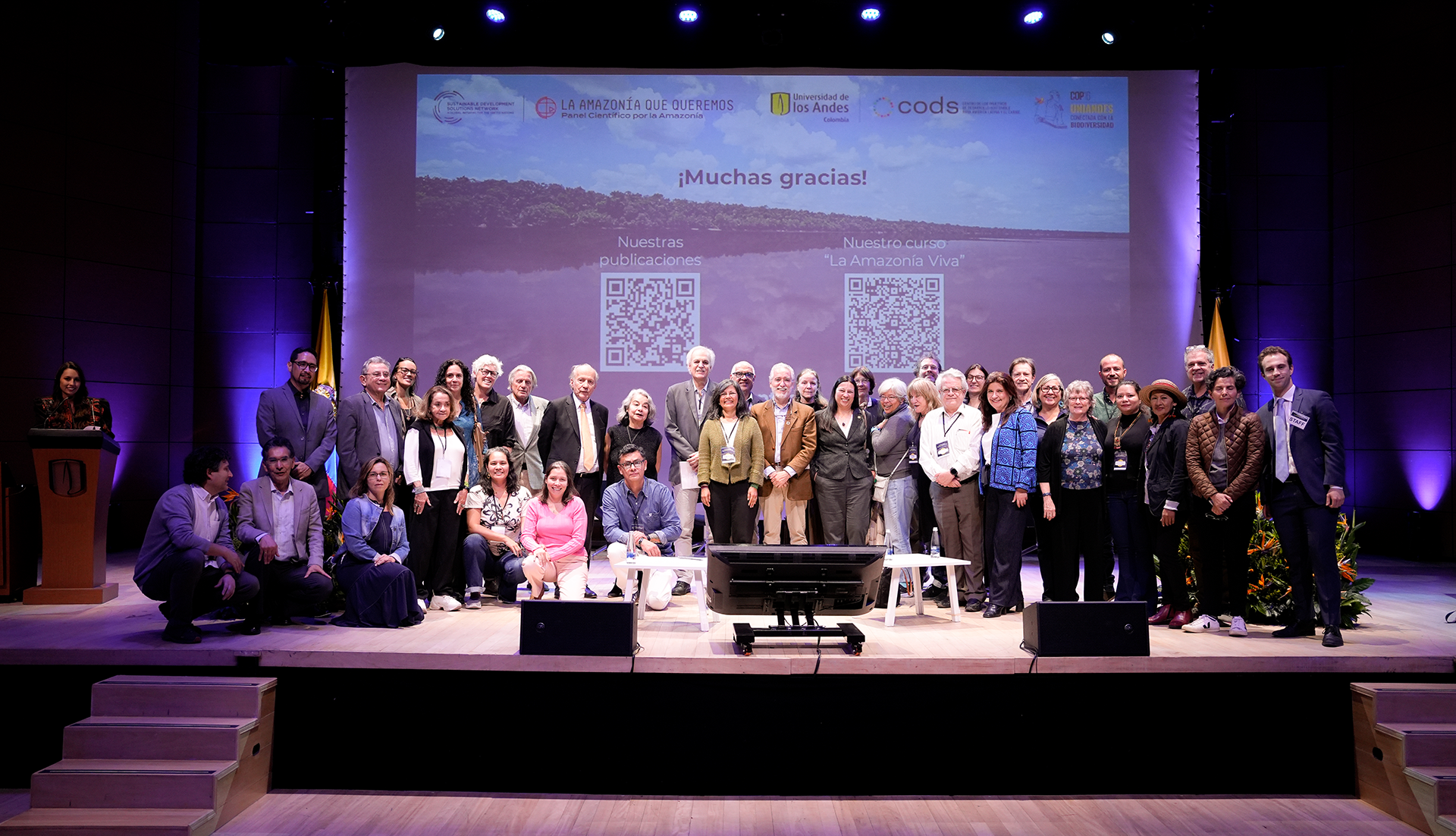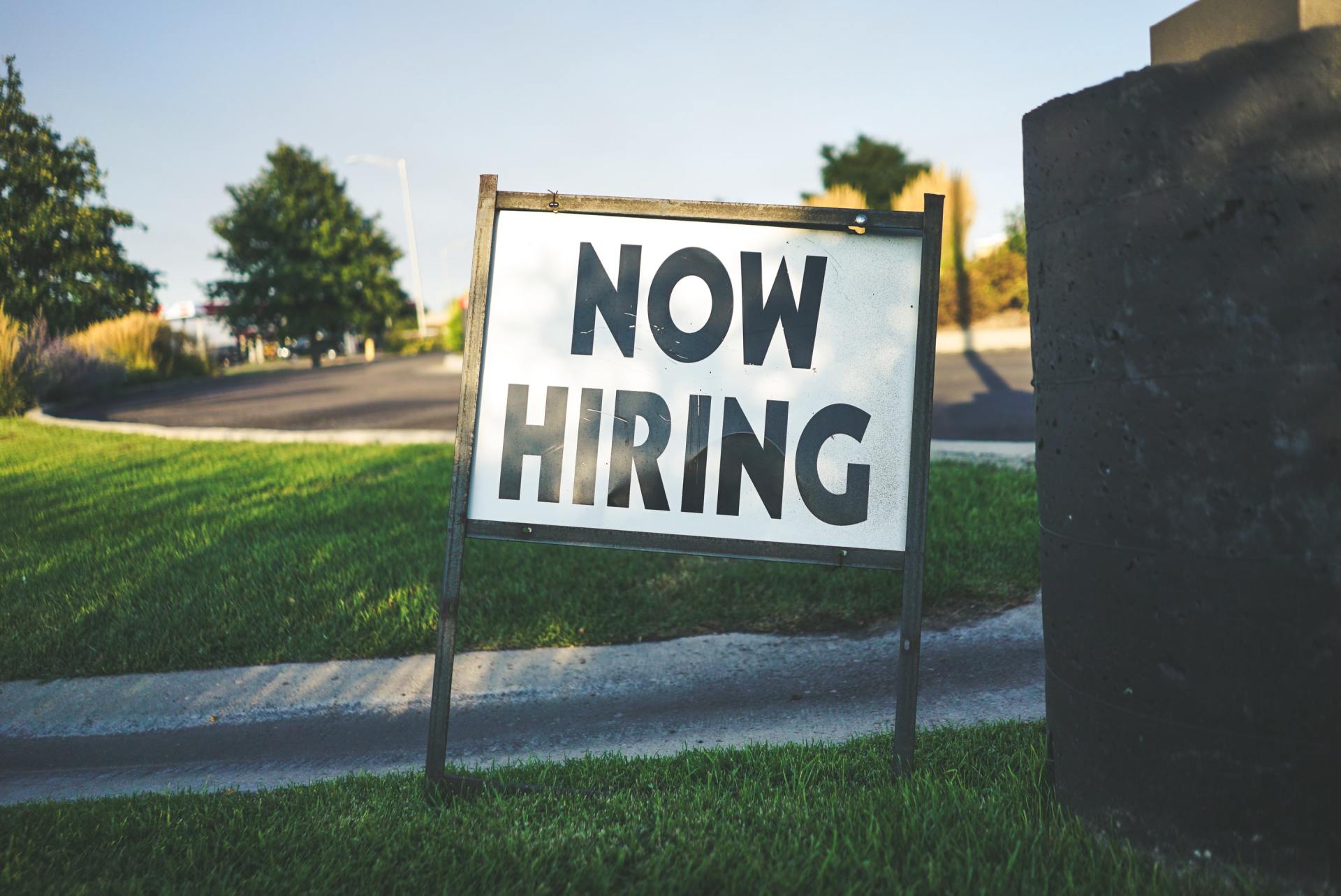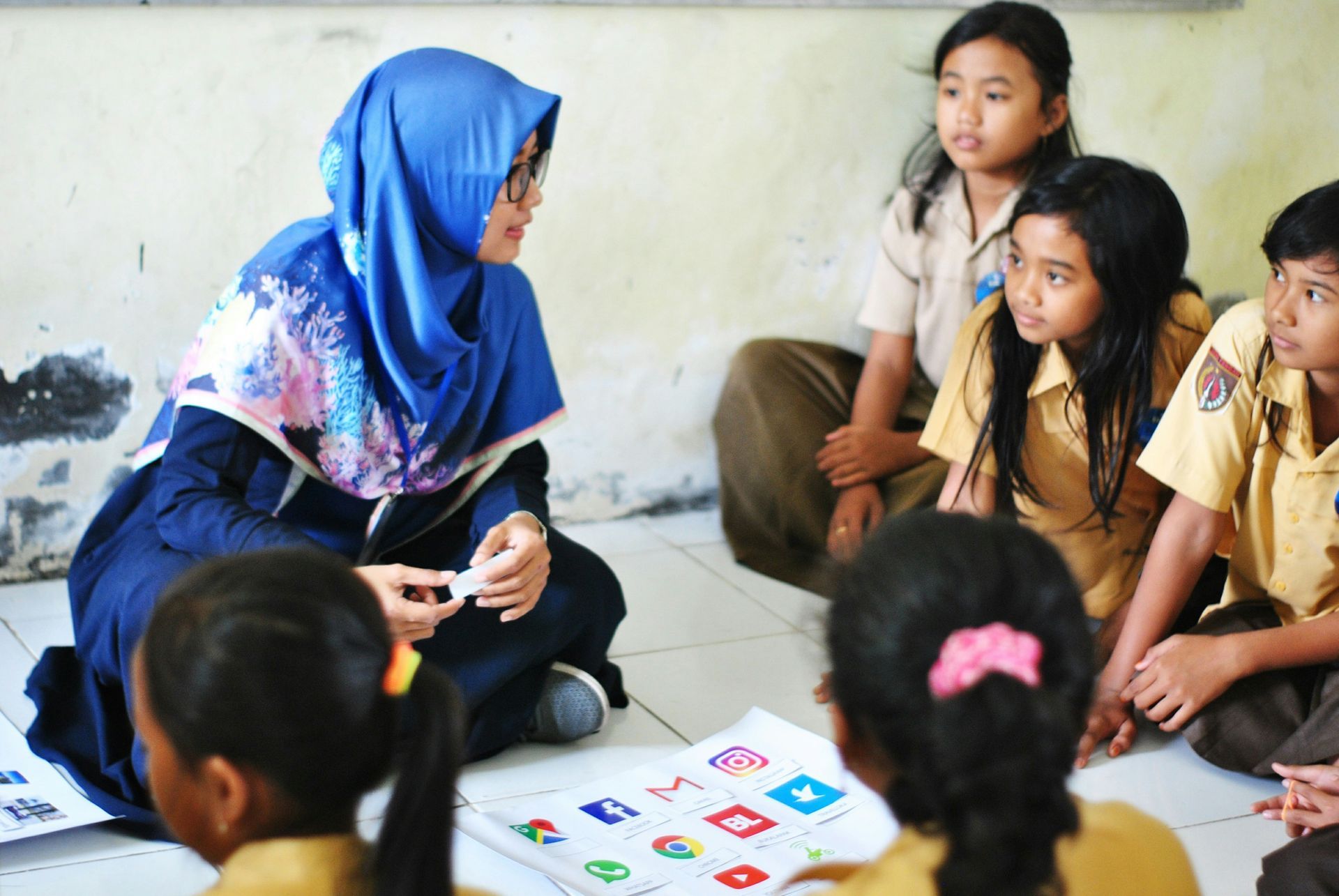


In conjunction with the UN High Level Political Forum, SDSN partner Stanford Sustainable Urban Systems Initiative (SUS) traveled to New York City to present their ongoing work and research into the localization of the UN’s Sustainable Development Goals. Lecturer Derek Ouyang and a cohort of his students presented their pilot visualization platform for the city of San Jose, CA and the broader San Francisco Bay area at the Partnership Exchange at the High Level Political Forum. Their work developing a SDG platform has been supported by a joint initiative with SDSN’s Data for Sustainable Development Thematic Network and the SDSN Sustainable Cities Initiative. These presentations built on joint work from previous visits to New York City and Washington DC for a variety of presentations and meetings in which the team received useful feedback for the project from eclectic sets of professionals and representatives in stakeholder groups across both cities. The major insights gained from these meetings are summarized below.
Students Jacob Waggoner and Jack Lundquist at the Partnership Exchange, part of the UN High Level Political Forum in NYC, July 17.
At the Smart Cities Conference in New York City , SUS partnered up with the City of Palo Alto and consultant firm DNV GL to run a workshop called “Collaborative Governance Towards a Fossil Free Bay Area.” The participants were assigned roles within a 3×3 matrix of systems (built environment, transportation, commerce) and stakeholders (for-profit, community, government) and asked to co-create infrastructure and policy strategies for greenhouse gas emissions (GHG) reduction in Palo Alto. The activity emphasized the importance of multi-stakeholder buy-in and demonstrated the opportunities for synergy across siloed disciplines. It also signaled the growing network of municipal partners moving forward, as SUS expands its SDG data work to San Jose’s District 3, Palo Alto, San Francisco’s Chinatown neighborhood, and other Bay Area cities.
SUS’s first phase of work was the creation an online dashboard to educate the general public in San Jose about their individual sustainability and inspire and motivate individual action; in fact, one of the strongest arguments for hyper-granular data visualization is to empower such change directly among citizens. Meetings with the Global Partnerships for Sustainable Development Data , Sustainable Development Solutions Network, and the New York City Mayor’s Office of Data Analytics (MODA) encouraged the team to take a more holistic perspective about their audience, and consider the potential for the dashboard to also support decision-making for businesses, community organizations, political representatives, and policymakers in municipal government. Ultimately, all parties agreed on the value of “agency pie charts” representing each SDG indicator, which would approximate the amount of agency, or capacity, different stakeholders have to improve a sustainability outcome. For example, carbon emissions (Goal 13) are significantly attributed to individual consumer decisions: “approximately ⅖ of total U.S. CO2e emissions (2914 MMT) with commercial, industrial, and government entities responsible for remaining emissions (4518 MMT) for the reference year 2014” (Kensho Technologies). Intuition about this individual agency in GHG reduction led SUS to orient its preliminary work towards the consumer, but a more comprehensive tool would not ignore the rest of the “agency pie chart”. Granted the clear benefits of considering a fuller audience, the challenge becomes how to communicate different messages on the same platform. At a minimum, the tool may need to explicitly ask users what kind of stakeholder they are. More likely, however, is the need for a variety of different tools, all built upon an underlying platform of SDG data, that support evidence-based decision-making and asset management for a variety of different stakeholders. Our team has already begun work expanding this underlying data platform into all SDGs for a variety of scales across the entire San Francisco Bay Area, and plans to begin creating design prototypes for different SDG decision-support tools in collaboration with our network of stakeholders. In fact, some of these prototypes have already been created , including a dashboard of all SDGs for the entire Bay Area at county, city and census tract scales and an ArcGIS StoryMap that presents a narrative as to how a tool such as the Bay Area SDG dashboard can be used to encourage local decisions that help meet SDG targets.
Given the limited scope of the first SUS dashboard prototype, the team did not yet consider the data literacy of SJ stakeholders (especially given the goal of catering at least some of the data to a general citizen audience). MODA, in particular, strongly emphasized the importance of investigating data literacy, noting its own challenges communicating in NYC neighborhoods where a majority of residents do not speak English, do not have the literacy required to read complex webpages, or do not have access to the Internet to begin with. Though policymakers can be expected to be more data literate than the average citizen, even they may not fully understand (or may misread) some data outside of their domain expertise. SUS will need to carefully consider the baseline literacy and foreign language prevalence in the diverse communities of the Bay Area, as well as optimize the communication of complex concepts and statistics to all potential users.
A meeting in Washington DC with the US State Department’s Data Revolution for Sustainable Development Team, the Center for Open Data Enterprise , SDSN, and key leaders from the SDG efforts in NYC and Baltimore helped to contextualize the work of the USA Sustainable Cities Initiative within the National Reporting Platform (NRP), which is currently reporting on 66 out of 241 global indicators. Given uncertainty around the leadership role of the State Department and NRP, the hope is that NGOs, states, counties, and cities assume leadership on the U.S. commitment to the 2030 Agenda for Sustainable Development. However, this can only be successful if these decentralized entities can agree on a universal data architecture for reporting local progress towards the SDGs. In other words, “Local Reporting Platforms” must speak the same language as the NRP, and that may mean at all scales: national, regional, state, CSA (combined statistical area), MSA (metropolitan statistical area), county, city, and neighborhood (district, census tract, block group). So far, besides the NRP’s 66 national indicators, the SDSN US Cities SDG Index has identified 52 indicators across 16 out of 17 of the SDGs that can be reported for at least the top 100 MSAs in the country. NYC, Baltimore, and SJ have reported or proposed to report 69, 55, and 35 city-level SDG indicators, respectively. To complicate matters even further, not all local indicators align with national indicators – and rightly so, since many more indicators become relevant and/or available at the local level. Given these complexities, SUS is committed to taking leadership in the development of a universal data architecture; that starts by mapping all work across all scales to date. A commitment to scalability and standardization also unlocks the potential for SUS work to eventually connect to international development efforts in Latin America, Africa, and Asia.
The SUS team’s existing work has laid the foundation for future work that can help ensure the adoption of SDGs at the local level in the Bay Area. Through the team’s work this year, there now exists an initial platform for data management, visualization, and operationalization that can be built upon through further partnerships and development. This platform is the basis for a suite of tools and applications, designed in partnership with relevant local stakeholders, that can help facilitate decision-making and asset management in a manner that aligns with the SDGs. In turn, this alignment will help move the Bay Area, and thereafter the world at large, towards a more sustainable, resilient and equitable future.




Get our latest insights, opportunities to engage with our networks, and more.

SDSN mobilizes global scientific and technological expertise to promote practical solutions for sustainable development, including the implementation of the Sustainable Development Goals (SDGs) and the Paris Climate Agreement.
Paris
19 rue Bergère
75009 Paris
France
+33 (0) 1 84 86 06 60
New York
475 Riverside Drive
Suite 530
New York NY 10115 USA
+1 (212) 870-3920
Kuala Lumpur
Sunway University
Sunway City Kuala Lumpur
5 Jalan Universiti
Selangor 47500
Malaysia
+60 (3) 7491-8622